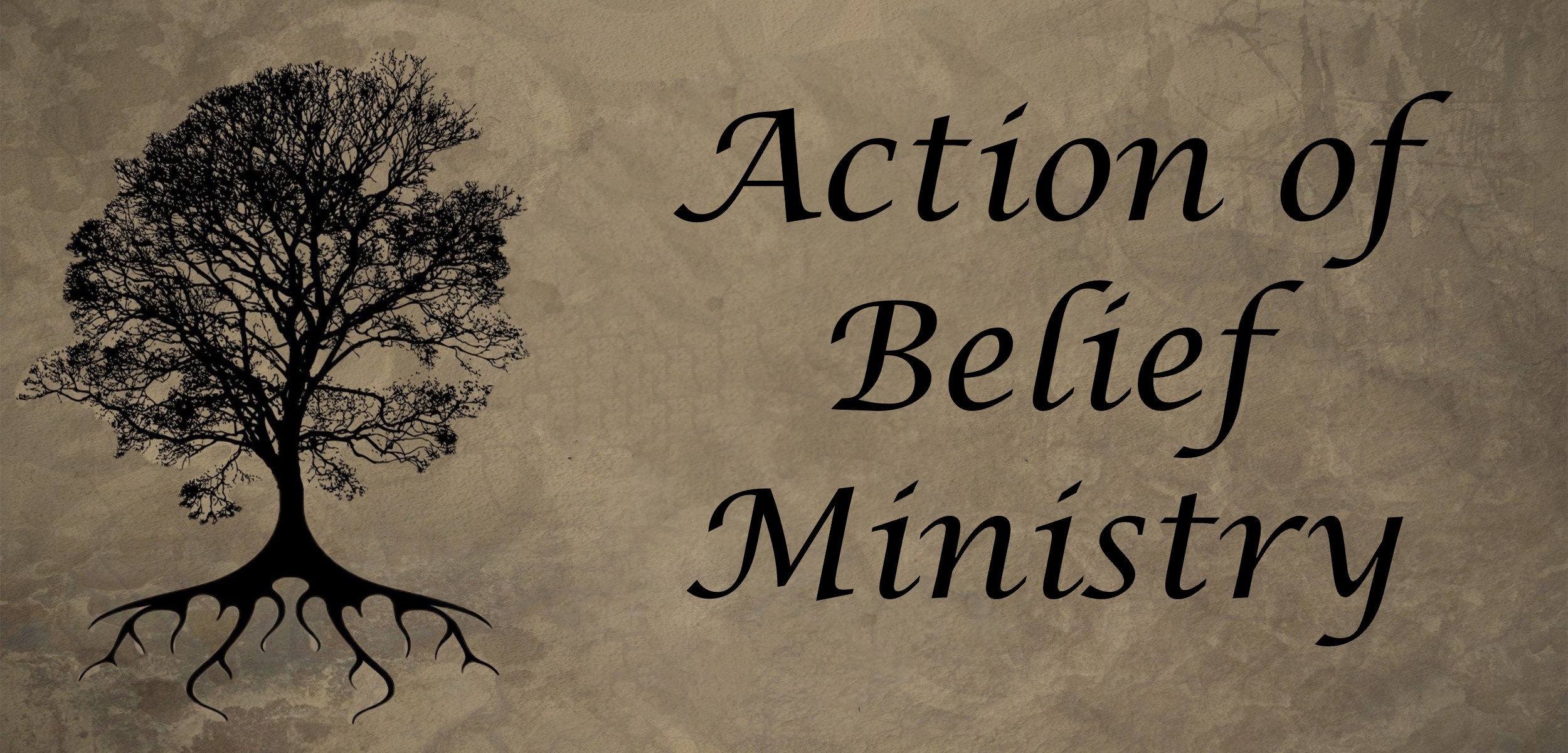Babylon Mystery Religion
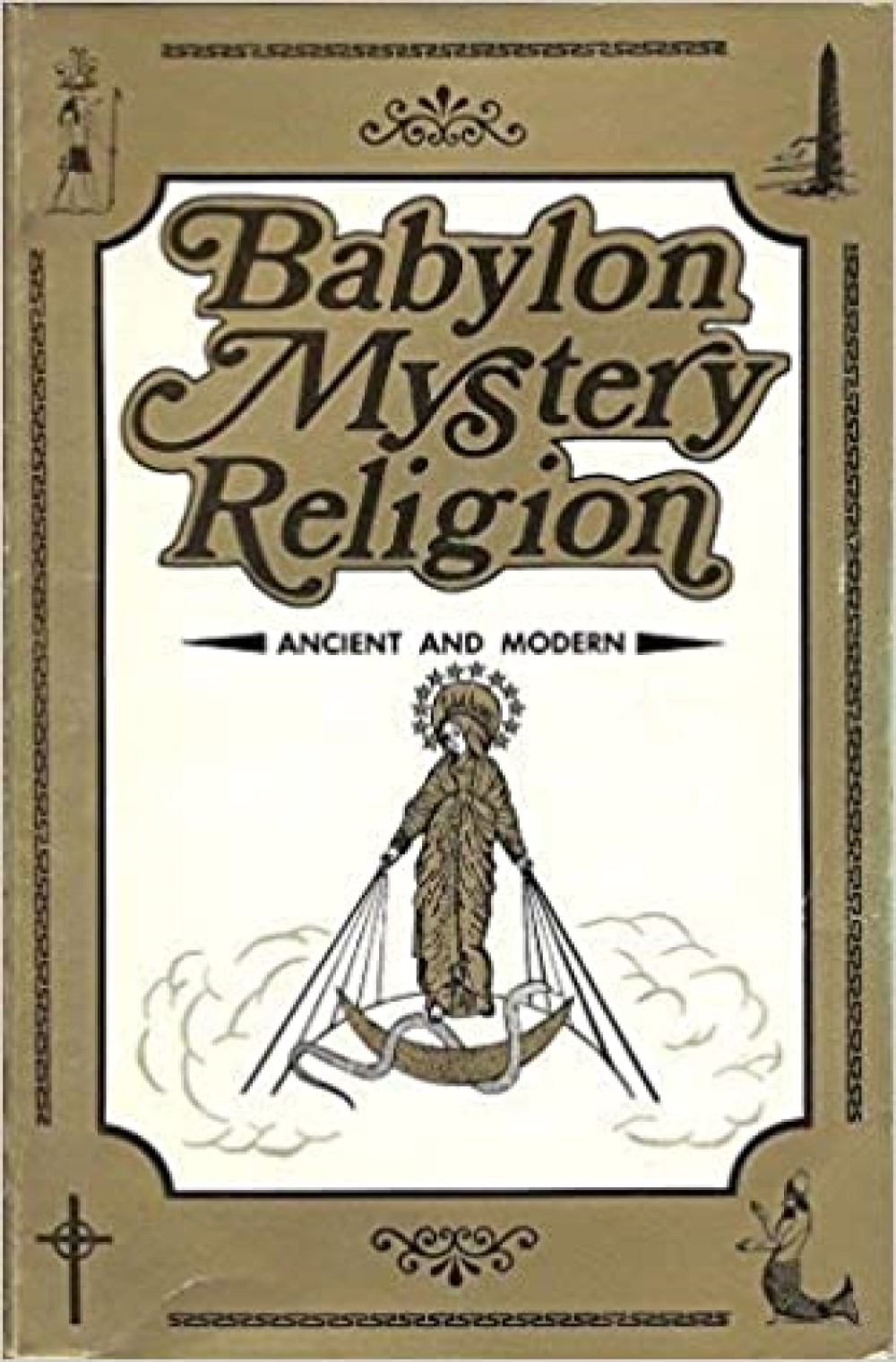
Babylon Mystery Religion is a detailed Biblical and historical account of how, when, why, and where ancient paganism was mixed with Christianity. From the early days of Babylon and the legends surrounding Nimrod, Semiramis, and Tammuz, certain rites and rituals are traced in their various developments, thus providing clues whereby the "mystery" is solved! The apostles had predicted there would come a "falling away" and the proof of their prediction is now evident in history. With such evidence in hand, all true believers should seek, as never before, the simplicity found in Christ Himself and to earnestly contend for that original faith which was once delivered unto the saints.
The Book of Enoch
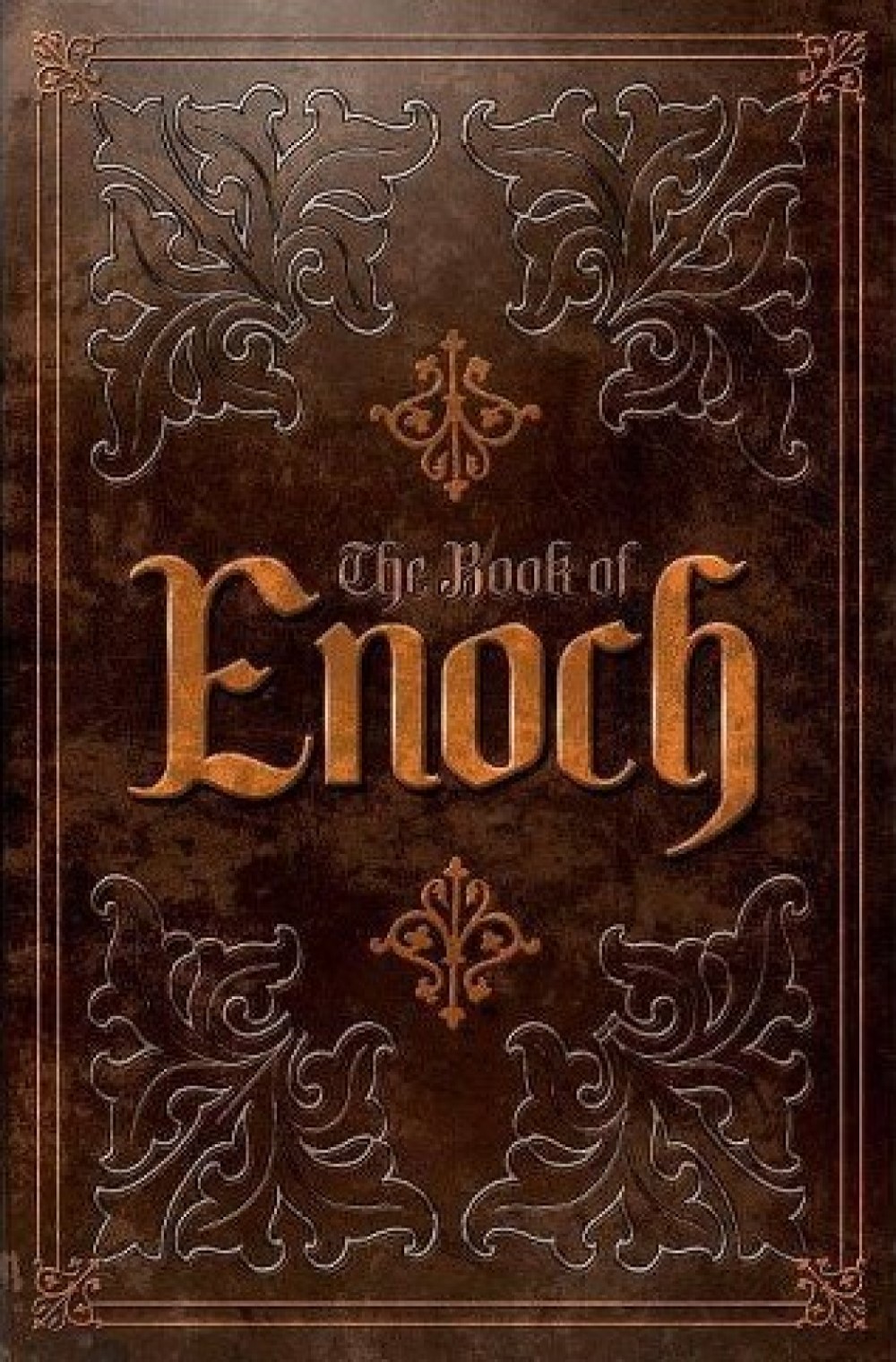
The Book of Enoch, written during the second century B.C.E., is one of the most important non-canonical apocryphal works, and probably had a huge influence on early Christian beliefs. Filled with visions of heaven and hell, angels and devils, Enoch introduced concepts such as fallen angels, the appearance of a Messiah, Resurrection, a Final Judgement, and a Heavenly Kingdom on Earth. Interspersed with this material are quasi-scientific digressions on calendrical systems, geography, cosmology, astronomy, and meteorology.
The Book of Jubilees
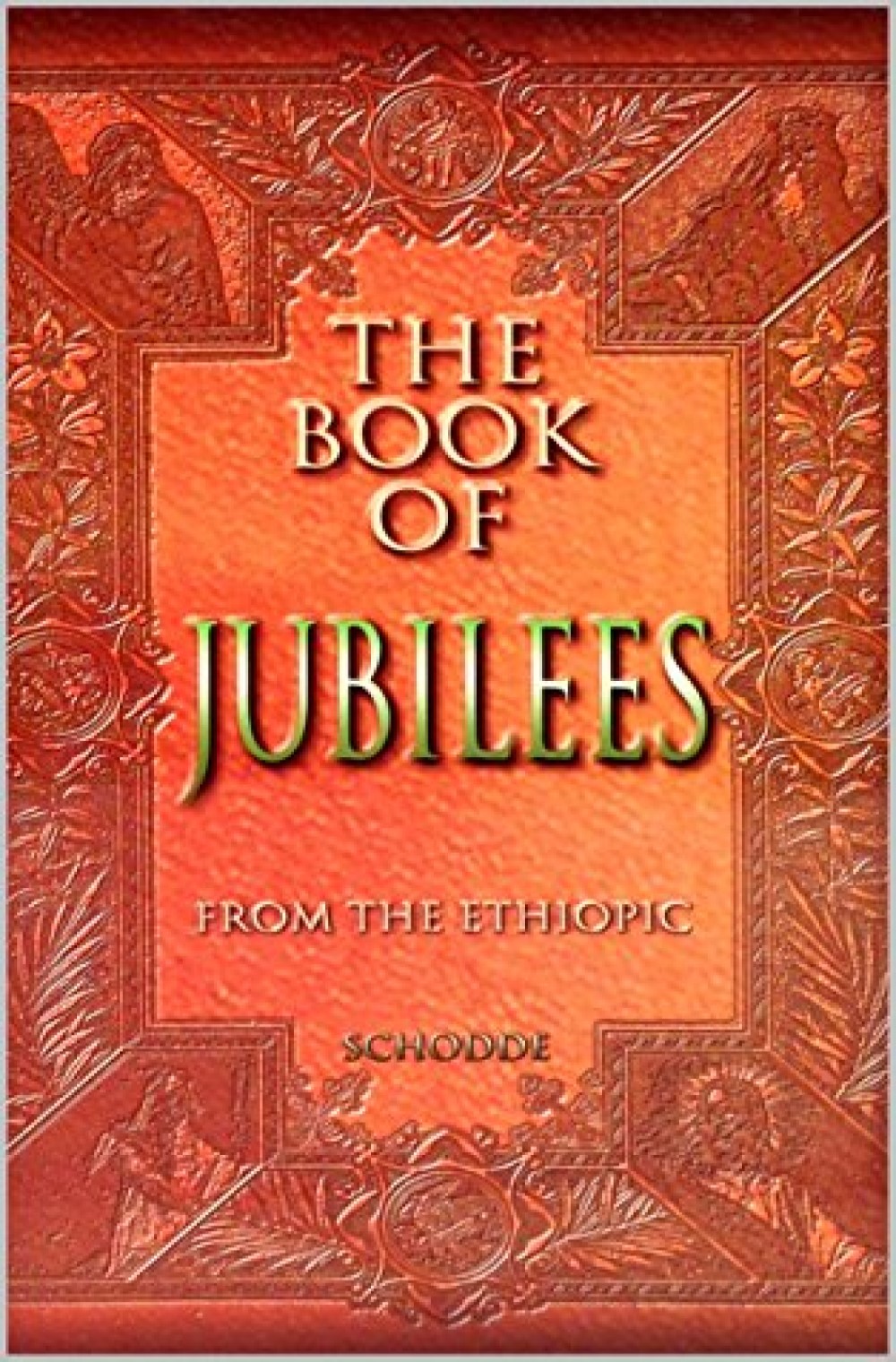
Book of Jubilees, also called the Little Genesis, pseudepigraphal work (not included in any canon of scripture), most notable for its chronological schema, by which events described in Genesis on through Exodus 12 are dated by jubilees of 49 years, each of which is composed of seven cycles of seven years. The institution of a jubilee calendar supposedly would ensure the observance of Jewish religious festivals and holy days on the proper dates and by setting Jews apart from their Gentile neighbours, would emphasize the Old Testament picture of Israel as the covenant community of God.
The Books of Maccabees
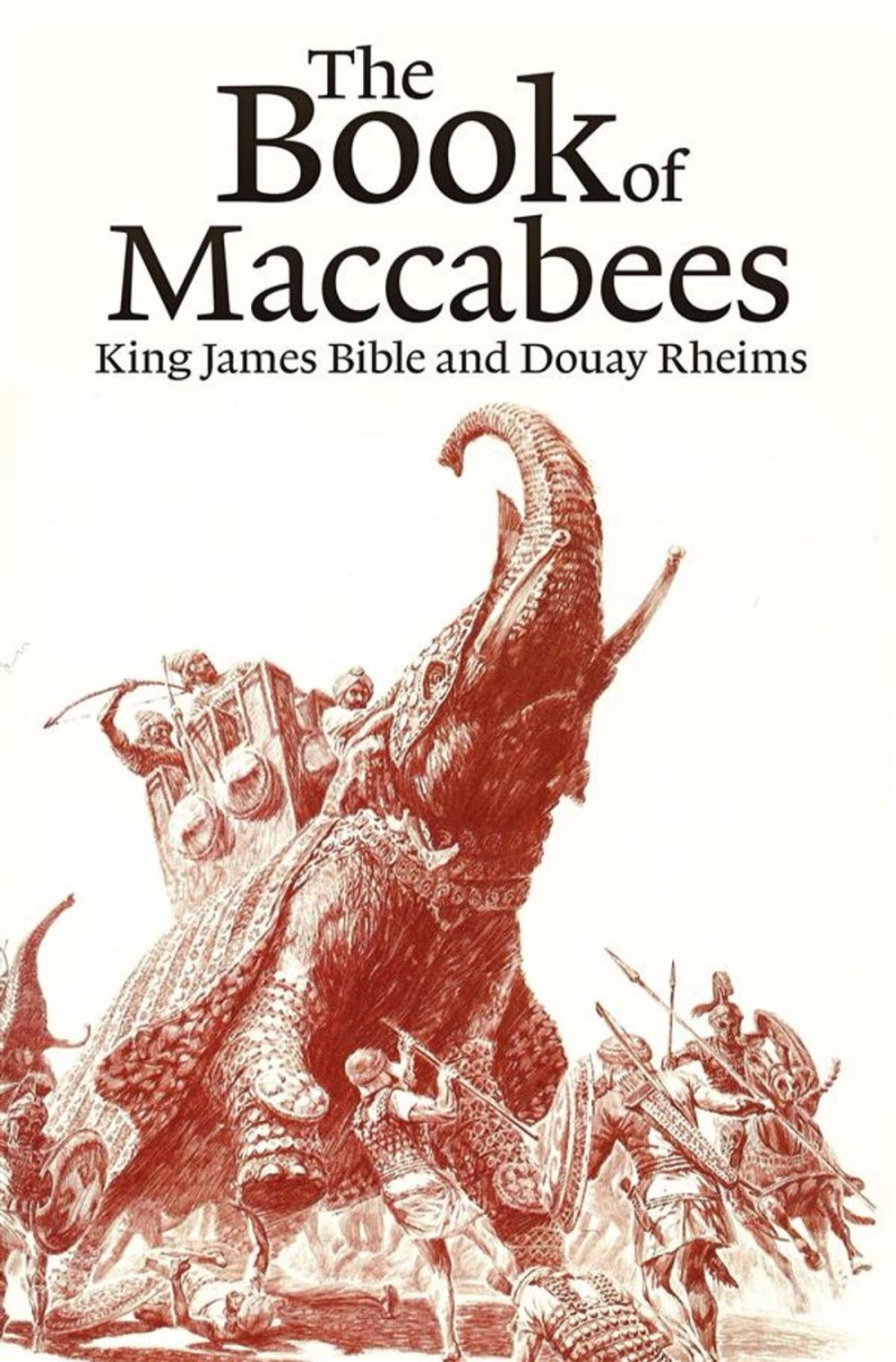
Download/View Book 2
Download/View Book 3
In the first book of Maccabees, we find Antiochus IV issued a decree forbidding the Jews' religious practice. One Jewish family of a rural Jewish priest from Modiin, Mattathias the Hasmonean and his sons, began a revolt against the Seleucid Empire by refusing to worship the Greek gods. Mattathias killed a Hellenistic Jew who sacrificed to an idol. Afterward, he and his five sons fled to the wilderness of Judah and began a revolt that would change the Jewish world. After Mattathias' death about one year later in 166 BCE, his son Judah Maccabee led an army of Jewish dissidents to victory over the Seleucid dynasty in guerrilla warfare. Judah's nickname "Maccabbeus," now used in popular culture to describe the Jewish partisans as a whole, is taken from the Hebrew word for "hammer". Maccabees, originally written in Hebrew and surviving in a Greek translation, relates the history of the Maccabees from 175 BCE until 134 BCE. 2 Maccabees is a Greek abridgment of an earlier history in Hebrew, relates the history of the Maccabees down to 161 BCE, focusing on Judas Maccabaeus, discussing praying for the dead and offerings. 3 Maccabees is a Greek book relating to a 3rd-century BCE persecution of the Jews of Egypt. 4 Maccabees is a philosophic discourse praising the supremacy of reason over passion, using the Maccabean martyrs as examples. 5 Maccabees is an Arab language history from 186 BCE to 6 BCE.
Judaism— Revelation of Moses Or Religion of Men?

Christians typically believe that the Talmud--the principal book of Judaism--is a collection of Jewish 'wisdom' designed to explain the Scriptures and protect them from being violated. But are these assumptions accurate? Does Judaism truly represent the religion God gave through Moses and the prophets? Is Christianity really an offshoot of Judaism? Does the Talmud genuinely reflect the spirit and intent of the Scriptures?
